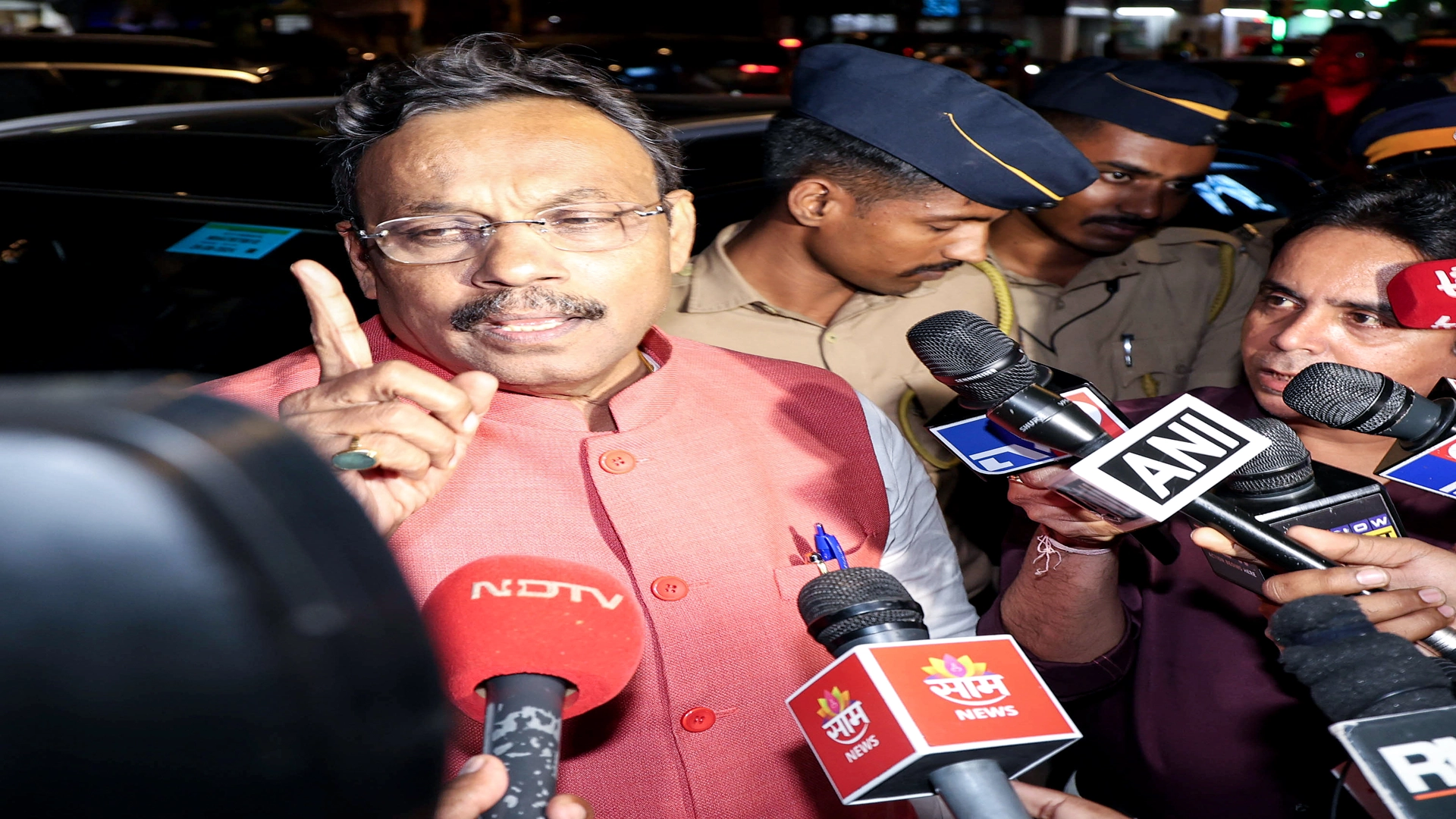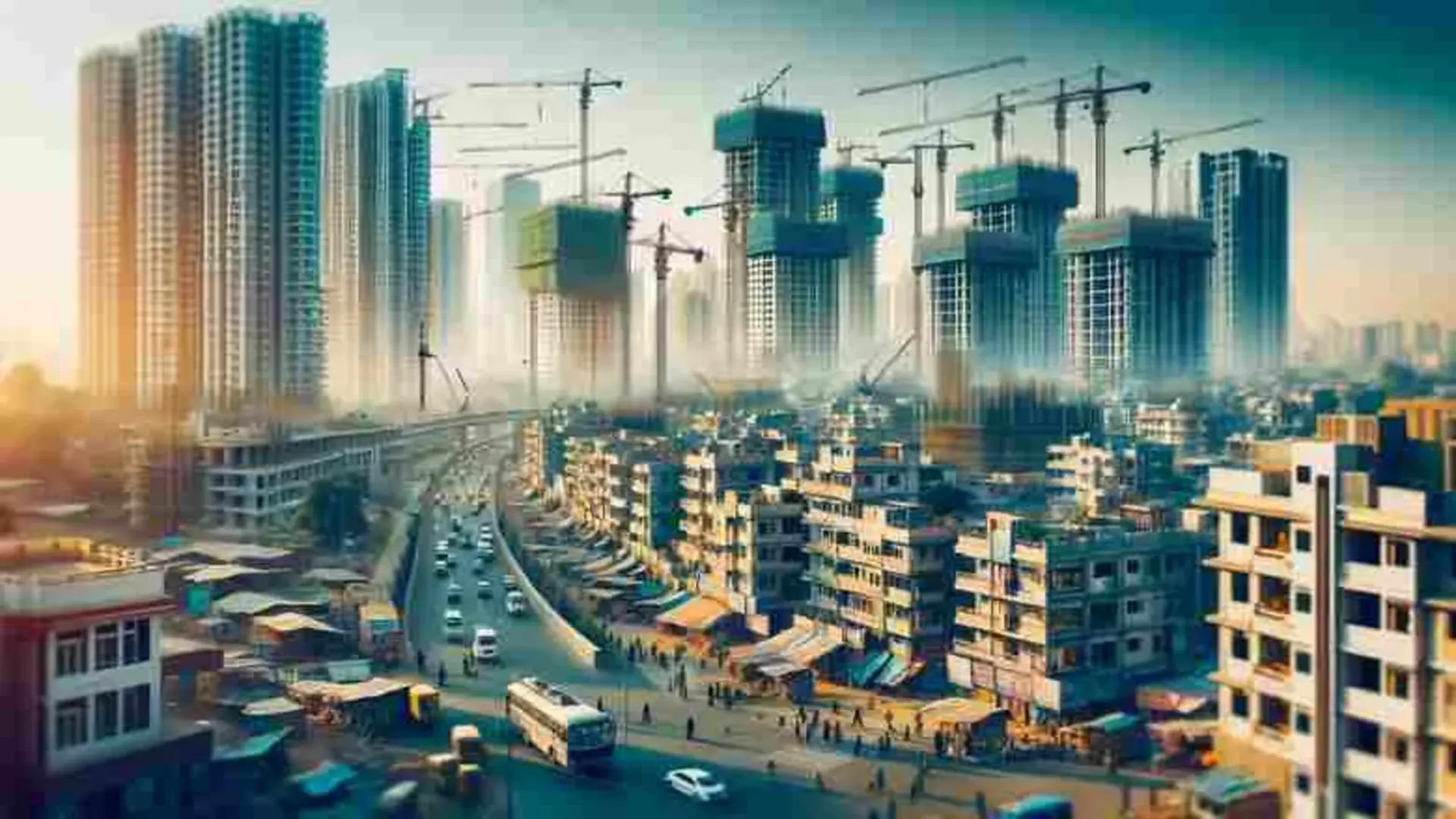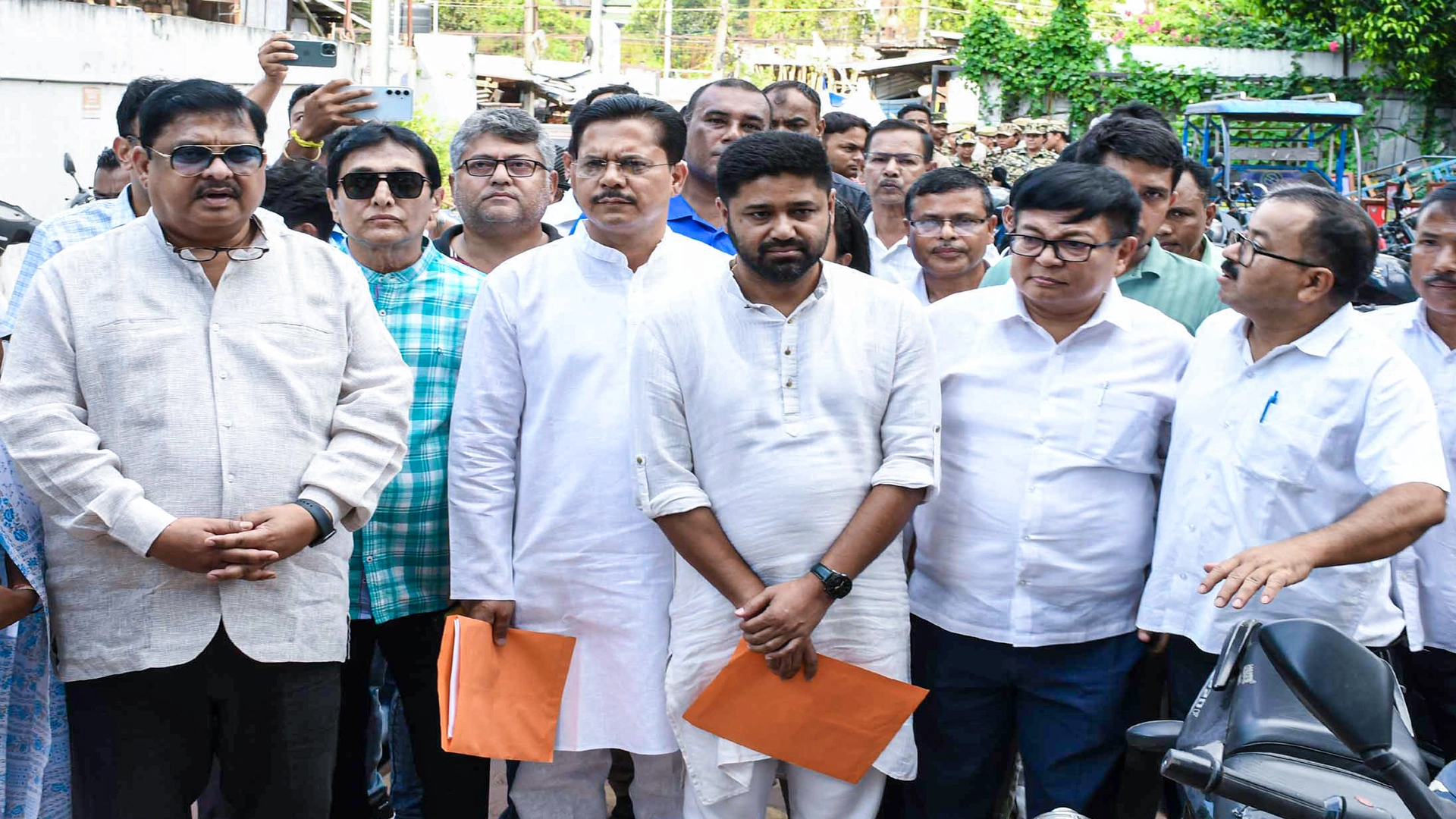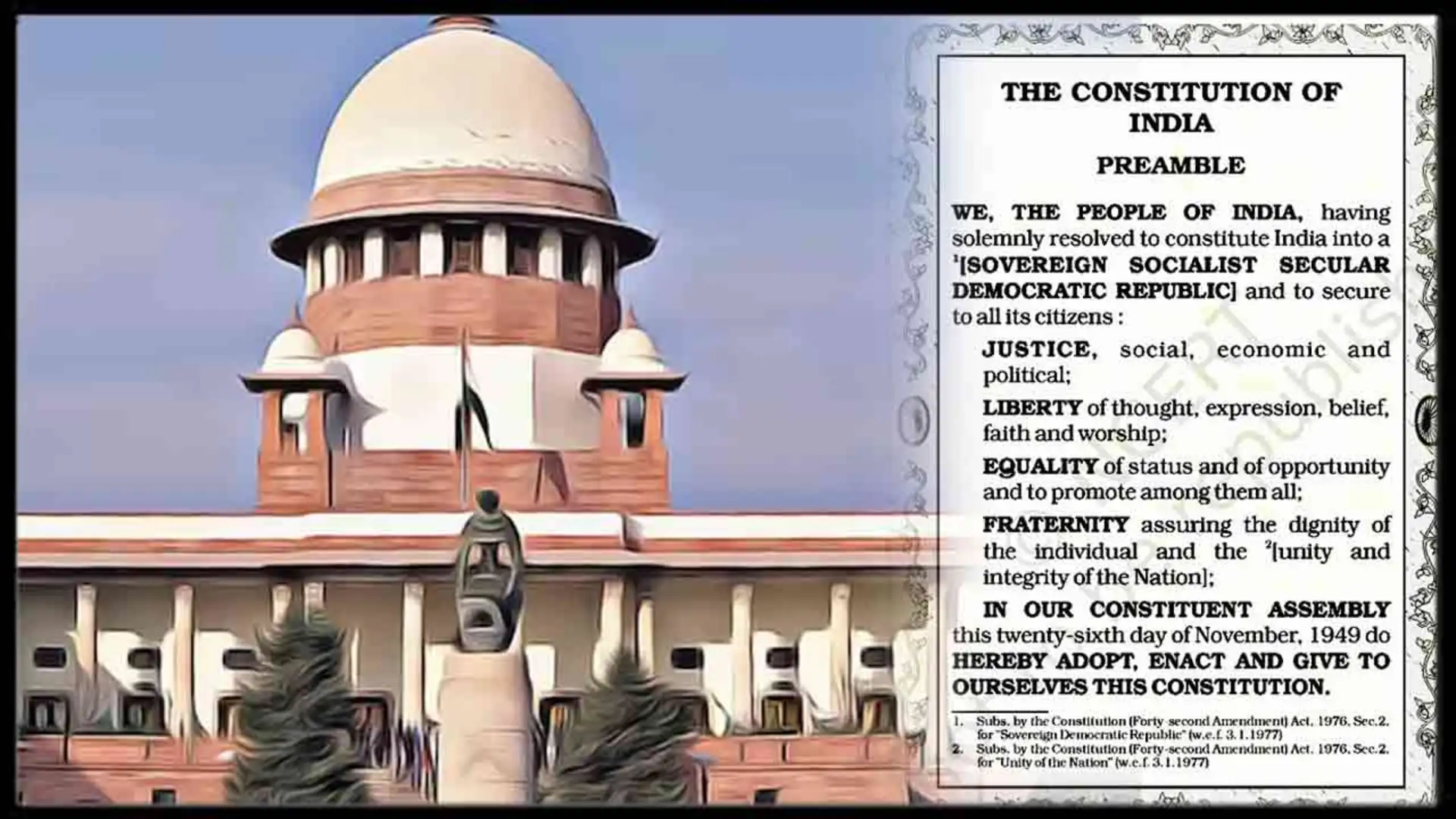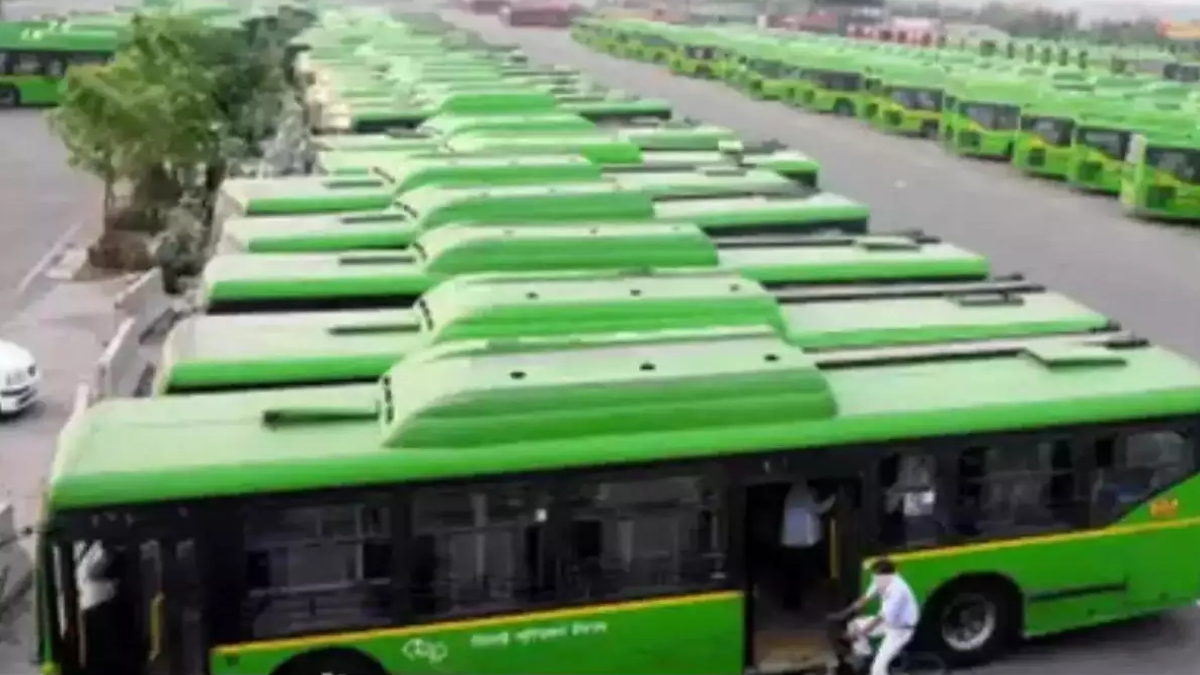
In a move toward sustainable and eco-friendly urban transportation, Chief Minister Arvind Kejriwal and Lieutenant Governor VK Saxena flagged off 400 new electric buses in Delhi today. With this addition, Delhi now boasts a total of 800 electric buses, making it the city with the highest number of electric buses in India.
The Delhi government has placed orders for a total of 1,500 electric buses, out of which 921 buses have received subsidies under the FAME (Faster Adoption and Manufacturing of Hybrid and Electric Vehicles) scheme. The operational cost for these 921 buses over 12 years is estimated at Rs 4,091 crores, with the central government providing Rs 417 crores as FAME subsidies, while the Delhi government bears Rs 3,674 crores.
The remaining 579 buses will be fully purchased and operated by the Delhi government, with 90 per cent of the total cost covered by the Delhi government and 10 per cent by the central government as FAME subsidies. Delhi now boasts a fleet size of 7,135 buses, comprising 4,088 buses under the Delhi Transport Corporation (DTC) and 3,047 under DIMTS (Delhi Integrated Multi-Modal Transit System). Of these, 800 are electric buses, a significant milestone in the city’s efforts to combat air pollution and reduce its carbon footprint.
The 800 electric buses are expected to save approximately 45,000 tons of CO2 emissions annually, contributing to a greener and cleaner Delhi. Over their 12-year lifespan, these buses are estimated to save a total of 5.4 lakh tonnes of CO2.
By the end of 2023, Delhi aims to increase its electric bus fleet to 1,900, making it one of the cities with the highest number of electric buses globally. Looking further ahead to 2025, Delhi plans to have a total of 10,480 buses, with 80 per cent of the fleet, or 8,280 buses, being electric.
This transition is projected to save 4.67 lakh tonnes of CO2 emissions annually, with a lifetime savings of 5.6 million tonnes over 12 years.
All Delhi buses are fully equipped with features to ensure passenger comfort and safety. They are designed to be accessible, affordable, sustainable, smart, and safe. These electric buses are designed for differently-abled, low-floor buses with air conditioning, making them accessible to all.
They offer free tickets for women passengers and are environmentally friendly, emitting zero smoke and noise. They are also equipped with digital ticketing, GPS, CCTV, panic buttons, and hooters, all connected to a two-way centralized command and control centre.
In preparation for this massive electrification of the bus fleet, 70 depots are being electrified to accommodate over 8,000 electric buses by 2025.
There are 8 completely electrified and operating depots: Mayapuri, Rohini 1, Nehru Place, Rajghat, Mundela Kalan, Shastri Park and Majlis Park.
Currently, eight depots are fully electrified and operational, while others are under development. The Delhi government has allocated more than Rs 1,500 crores for depot electrification, demonstrating its commitment to sustainable urban transportation well into the future.


